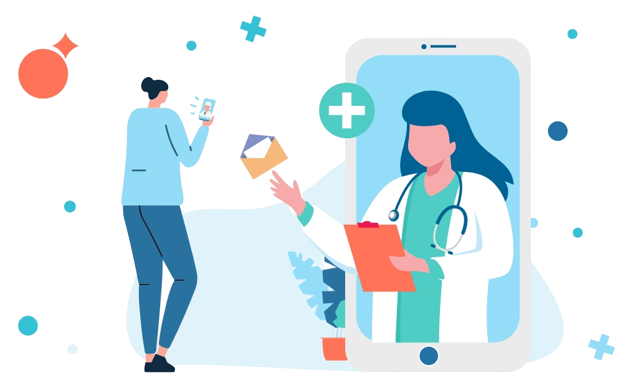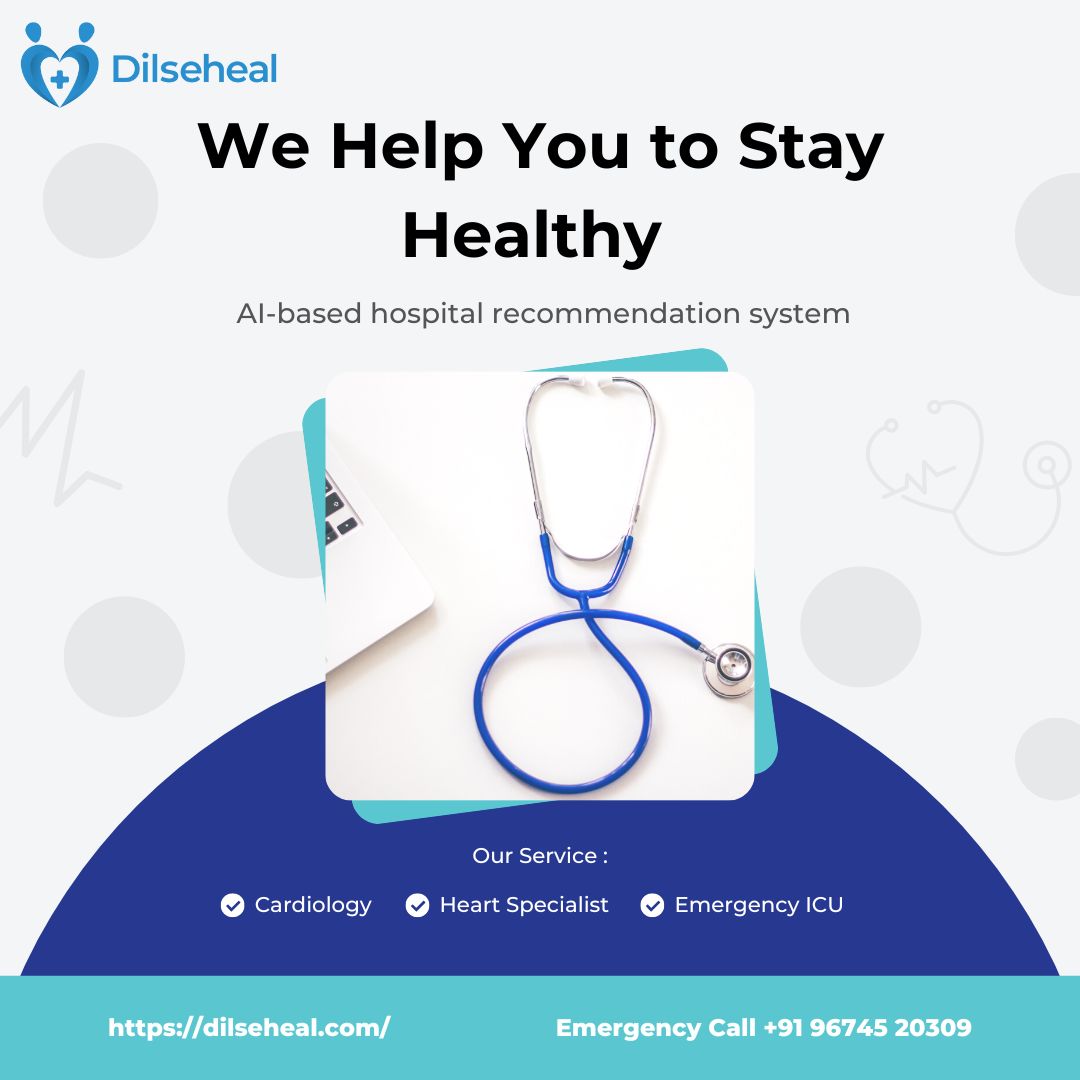15th September, 2023
15
How ai can it be used in healthcare?
The healthcare industry is on the brink of a transformational journey, thanks to artificial intelligence (AI) integration. AI's potential to enhance medical diagnostics, treatment plans, and patient care is already evident, promising improved outcomes, reduced costs, and more personalized healthcare experiences. In this blog post, we will delve into the various ways AI-based systems are used in healthcare and their profound impact on the industry. Revolutionizing Healthcare: The Power of AI
Hospital Recommendation:-
The basic structure of Dilsehel is to find help hospitals you details of your previous treatment. If you have had any experience with the previous hospital, let us know, and we will help you find the right one.
1. Medical Imaging and Diagnostics
One of the most significant applications of Dilseheal in healthcare is medical imaging. Traditional diagnostic methods can be time-consuming and subjective. AI-powered algorithms can rapidly analyze medical images such as X-rays, MRIs, and CT scans, helping doctors detect anomalies and make accurate diagnose
2. Predictive Analytics
Dilseheal's ability to analyze large amounts of patient data enables healthcare providers to predict potential health problems and complications. Using historical patient data, AI algorithms can identify patterns and trends that might otherwise go unnoticed. It empowers clinicians to take proactive measures, develop personalized treatment plans, and improve patient outcomes.
3. Drug Discovery and Development
The drug discovery process is notoriously long and expensive. AI-based Dilseheal can significantly accelerate this process by simulating molecular interactions, predicting potential drug candidates, and optimizing clinical trial designs. This leads to faster identification of potential treatments and ultimately brings new drugs to market more efficiently your medical help.
4. Administrative Efficiency
Beyond clinical applications, AI can streamline administrative tasks within healthcare organizations. Chatbots and virtual assistants can handle appointment scheduling, answer routine questions, and manage administrative workflows, freeing healthcare professionals to focus on more complex tasks
5. Remote Patient Monitoring
AI-based Dilseheal-powered wearable devices and remote monitoring tools allow continuous tracking of patients' health outside of clinical settings. It is particularly useful for chronic disease management and post-operative care. By collecting and analyzing real-time data, AI can alert healthcare providers of any deviations from the norm, and help with patient's previous medical history and subsequent treatment.
6. Natural Language Processing (NLP)
NLP, a subfield of AI, has tremendous potential in healthcare. It can be used to mine and analyze medical literature, extract relevant information from patient records, and assist in clinical documentation. NLP-powered chatbots can also facilitate doctor-patient communication and enhance the overall patient experience.

.png)


